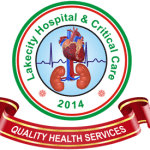Best Cancer Hospitals in Bhopal

Bansal Hospital
Shahpura, BhopalMulti-Specialty Hospital
C-Sector
8723 KM's away
Specialities
25Doctors
1Beds
300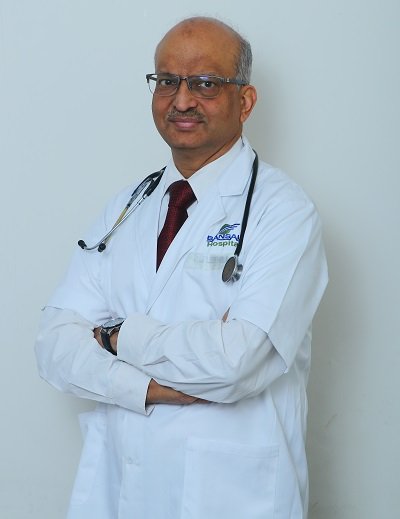

Konark Hospital And Research Centre
Arera Colony, BhopalE-7,332 Arera Colony
8724 KM's away
Specialities
1Doctors
1Beds
10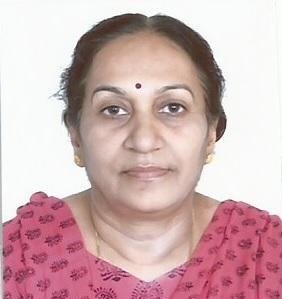
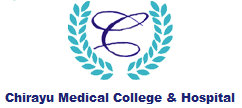
Chirayu Medical College And Hospital
Bairagarh, BhopalBhainsakhedi. Landmark: Near Bairagarh
8713 KM's away
Specialities
2Doctors
1Beds
975
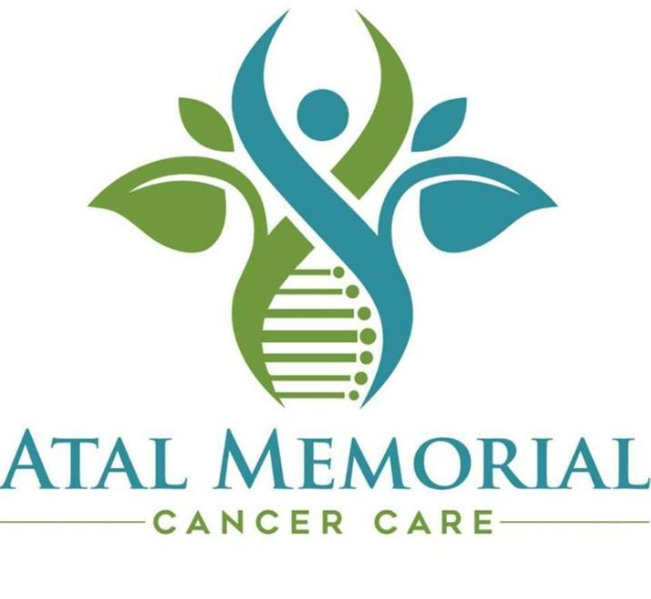
Atal Memorial Cancer Care Hospital
Arera Colony, Bhopal332, E-7
8725 KM's away
Specialities
1Doctors
2Beds
11

Questions & Answers on "Cancer" (374)
My Self Lalit from India. My Mother is Stage 4 cancer patient. I want to Know that Initially doctors give letrozole medicine but now they have changed it to anastrozole which is less effective than letrozole.
Female | 43
Answered on 10th July '24
Read answer
Hello Sir, My father has been diagnosed with lung cancer. Doctor recommended a combination of immunotherapy and chemotherapy. Can you please provide information on insurance coverage for this?
Answered on 23rd May '24
Read answer
How fast does sarcoma grow?
Male | 43
The growth rate of sarcomas depends on the grade. A low grade sarcoma is a slow growing Tumor which may take even an year to reach 5cm or less. On the other hand, a high grade sarcoma not only increases rapidly in size, it can also spread to other organs, like lung, very fast
Answered on 23rd May '24
Read answer
My father age 57 diagnosed with poorly differentiated adenocarcinoma metastatic. is it curable and which hospital is best for in Hyderabad. please suggest. Thanks in advance
Male | 57
Answered on 23rd May '24
Read answer
can cervical cancer cause b12 deficiency?
Female | 44
No, cervical cancer does not directly cause B12 deficiency. However, some cancer treatments, such as chemotherapy, may affect the absorption of vitamin B12 in the body, leading to a deficiency. It is important to monitor B12 levels in cancer patients undergoing treatment and supplement as necessary to prevent deficiency.
Answered on 23rd May '24
Read answer
Hello, my mother is suffering from Pancreatic Cancer is there any permanent treatment to cure it?
As per my understanding you want to know about the treatment of pancreatic cancer. Treatment for any cancer in general depends on the stage of cancer, location of cancer, patient's age, associated comorbidities and other factors.
The treatment mainly includes surgery according to location of cancer, radiation, chemotherapy or a combination of these. In advanced cancer palliative care is of more importance when routine treatment.
Consult an oncologist for guidance. Hope our answer helps you.
Answered on 23rd May '24
Read answer
I am a cancer patient I have leukemia tcell all I've been in remission once but the cancer came back before I could have mybbone marrow within 4 weeks I am now taking nalarabine what are my chances of staying in remission long enough fir the transplant
Female | 56
The chances of staying in remission long enough for a bone marrow transplant in T-cell acute lymphoblastic leukemia (T-ALL) can differ. Discuss your specific case and prognosis with your oncologist or hematologist, as they can provide more accurate and personalized information based on your medical history, response to treatment, and overall health. you can also check our blog 60 days after a bone marrow transplant for more relevant information.
Answered on 23rd May '24
Read answer
Am 49 years old. I got affected with Melanoma skin cancer 2 years back and doctors performed surgery to remove the tumor and for 2 years cancer did not come back, again last month I got a mole appeared in the same position and in biopsy it turned out to be melanoma again. When I approached the doctors in Basavatharakam they asked me to go through the Immunotherapy but Dr Mohana Vamshi from Omega suggested to go with Radiation and tablets. Wanted to check which one would be the best option
Male | 49
Sir can we get full details and what is the present disease status with BRAF mutation status. You can also visit Oncologist near you for more information and treatment.
Answered on 23rd May '24
Read answer
I am suffering from 4th stage colon cancer
Male | 52
Stage 4 colon cancer means that the disease spreads beyond its origin. Weight loss, fatigue, abdominal pain - these are potential symptoms. Surgery, chemotherapy, radiation therapy - as treatment options do exist. Work closely with an oncologist for optimal treatment strategy.
Answered on 23rd May '24
Read answer
My mother pet ct scan report shows that active metastatic bilateral supraclavicular and right paratracheal lymphadenopathy. Please give me the right advice for better treatment in which hospital.
Answered on 23rd May '24
Read answer
From a week i have cough. Today i noticed that when i up my right hand a lump on the right side of the neck appear but after i down my hand this lump disappear. Is this cancer or anything else? BTW i consume khaini(smokeless tobacco)
Male | 23
Swelling in the neck indicates your body fights infection. Coughing may cause lumps. However, tobacco heightens cancer risk. Quitting tobacco is advisable. Visit an oncologist for proper assessment and symptom management advice.
Answered on 5th Sept '24
Read answer
How to minimize chemotherapy side effects
You can minimize side effects of Chemotherapy by maintaining a balance diet. Regularly exercising and by following the instructions of the medical team
Answered on 23rd May '24
Read answer
Lumps at left chest.. what to do??
Male | 30
You seem to have bumps in your left breast area. Bumps can result from various causes like infections, cysts, or swollen lymph nodes. If the bumps hurt, increase in size, or cause other issues, it's crucial to consult an oncologist. Some bumps are harmless, but others require treatment.
Answered on 25th July '24
Read answer
My father became positive in tumor cells of p63 and ck19. I want to get him treat in reasonable and good hospital
Male | 64
Answered on 23rd May '24
Read answer
My father has well differentiated adenocarcinoma in ascending colon.staging T3N1M0. Doctor who diagnosed has advised to go for surgery. Suggest best hospital
Answered on 23rd May '24
Read answer
My sister-in-law is 38 years old, fighting for her life, due to breast cancer. The stage of cancer is not yet determined as the doctors are waiting for a Biopsy report and PET scan. But initial examination reveals it is in stage 4. She is admitted to Fortis hospital, Amritsar, and getting treated for the chest fluid and blood count increase while waiting for lab reports. We are planning to start her treatment in Bangalore and we are confused about which hospital could help my sister-in-law fight this cancer successfully.
Female | 38
Answered on 23rd May '24
Read answer
How much charge on immunotherapy
Male | 53
Answered on 26th June '24
Read answer
What is moderately differentiated squamous cell carcinoma lung? What are the treatment options?
Male | 37
It is a type of lung cancer grouped under non small cell lung cancer. The treatment depends in stage. It could be surgery, chemotherapy and/or radiation therapy.
Answered on 23rd May '24
Read answer
My daughter's age is 30 years and she has been operated on for thyroid cancer. Doctors have recommended radioactive iodine now. My question is what further action we should take? Where we should now go for a second opinion and further treatment to avoid its re-occurrence. We are from Delhi and can also do her in Mumbai.
Answered on 23rd May '24
Read answer
Diabetic 2 full body swelling edema weakness blood cancer how to relief
Male | 60
A patient suffering from diabetes type 2 as well as full body swelling, weakness, and edema might point out several serious conditions A symptom of blood cancer may be the cause of these symptoms. The build-up of blood cancer can also cause the water to get absorbed in your body and cause you to feel weak. See an oncologist immediately to get proper treatment for these symptoms. Blood cancer treatment can also help relieve these symptoms and improve your quality of life.
Answered on 10th Sept '24
Read answer
Get Free Assistance!
Fill out this form and our health expert will get back to you.
